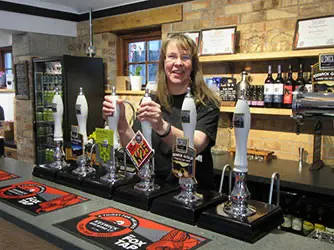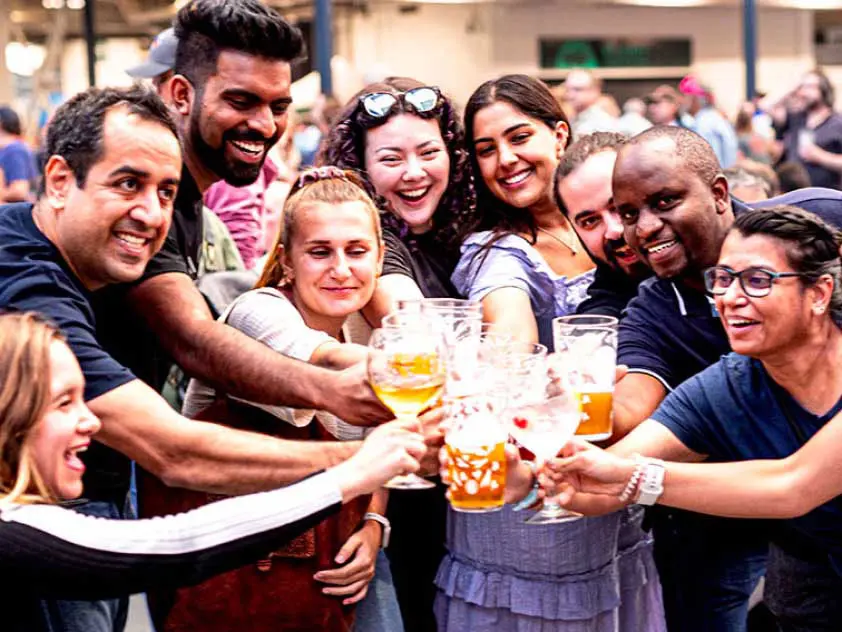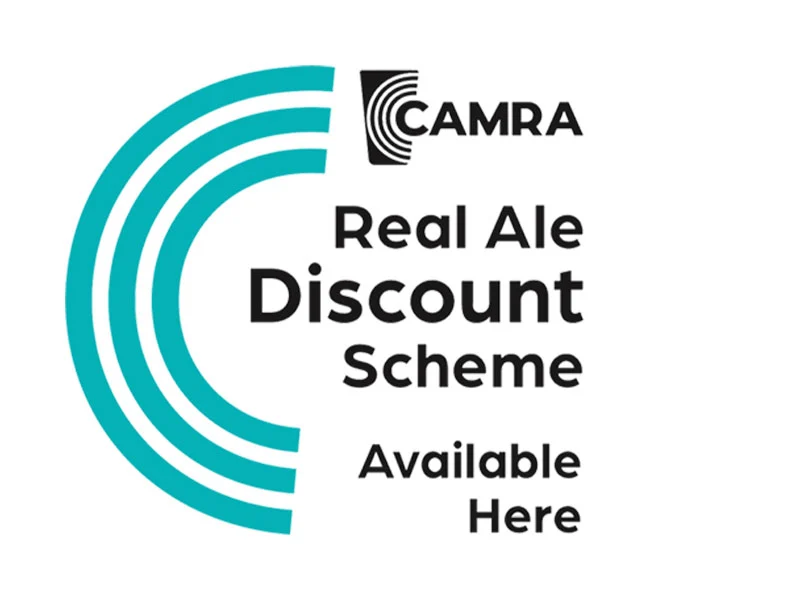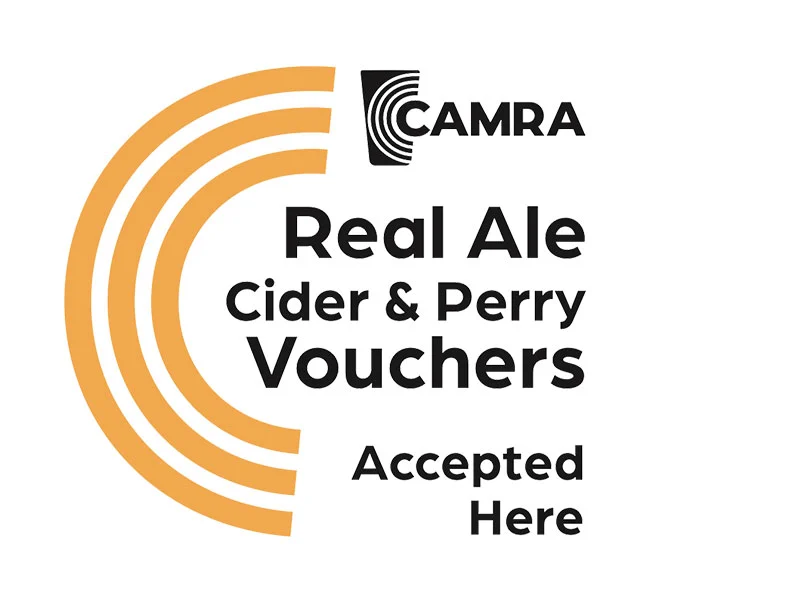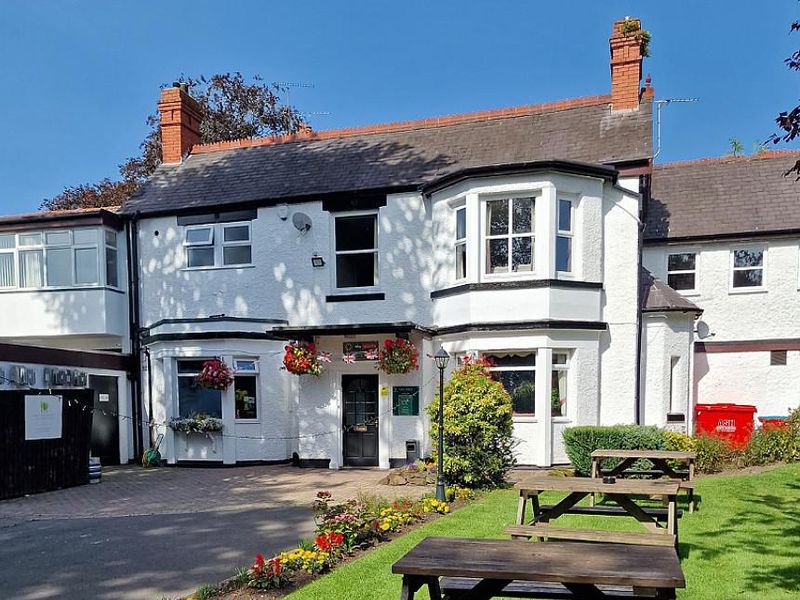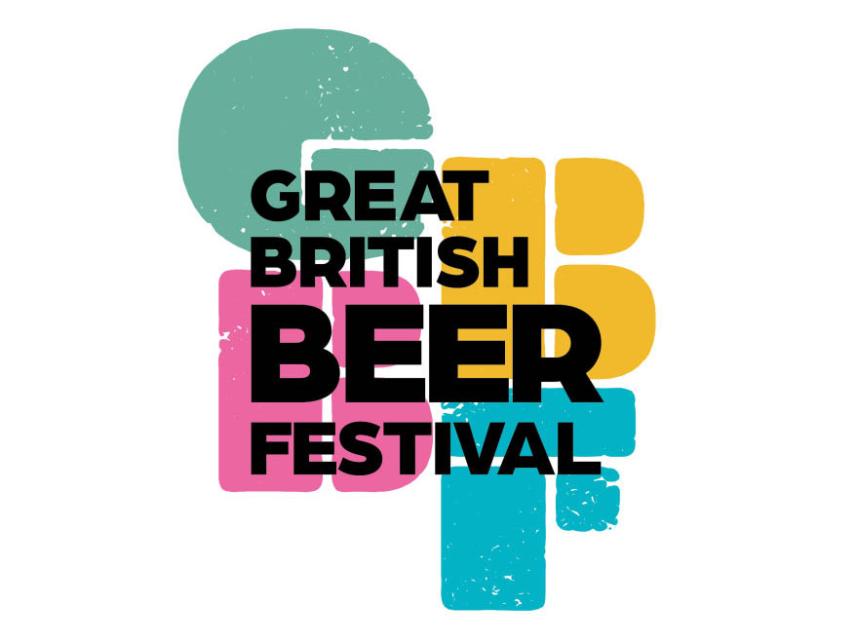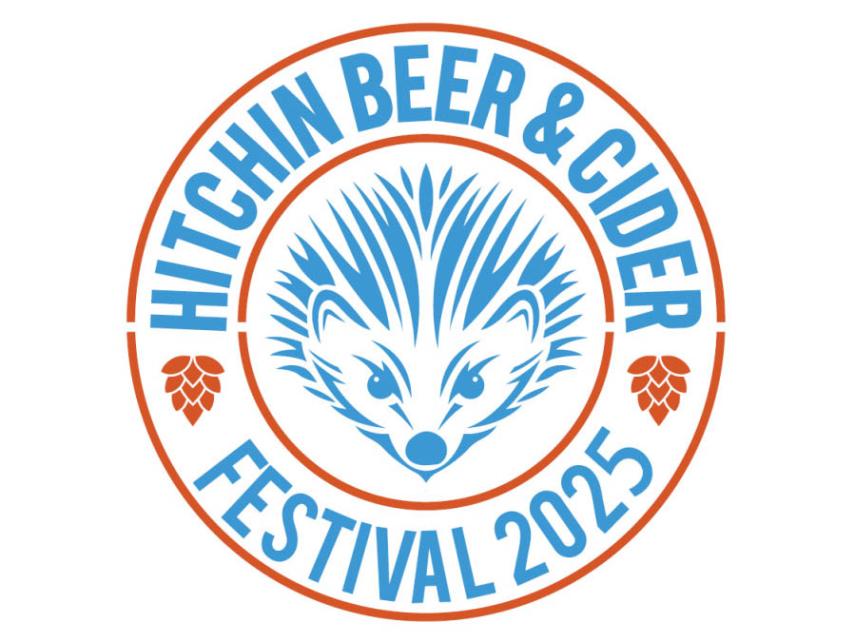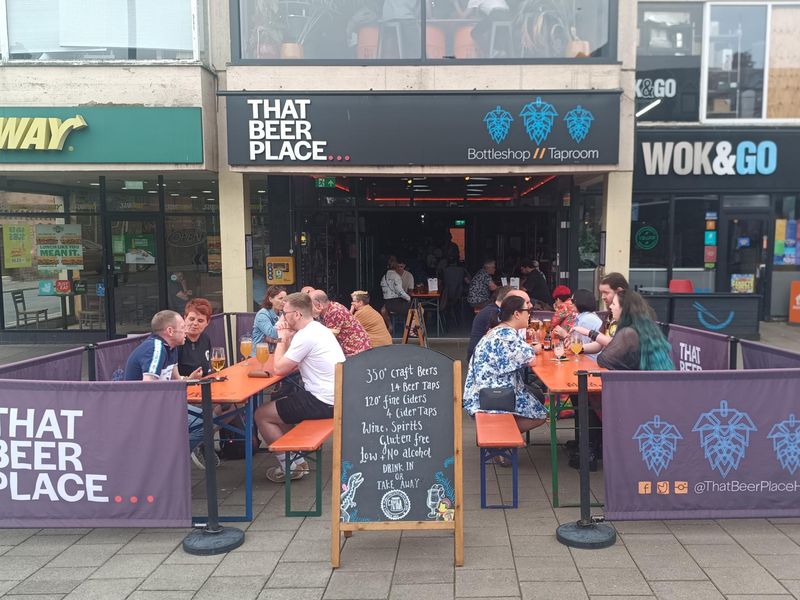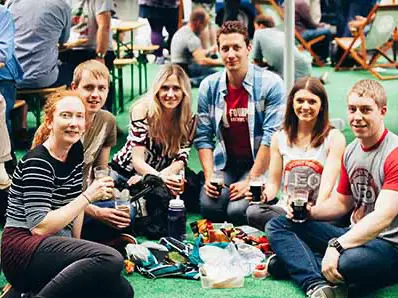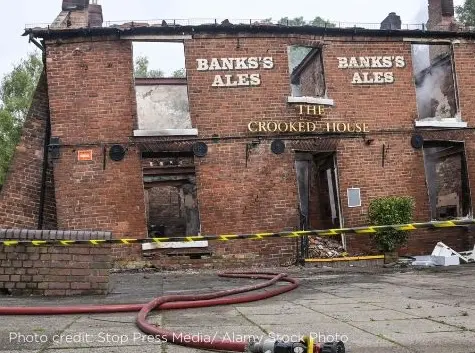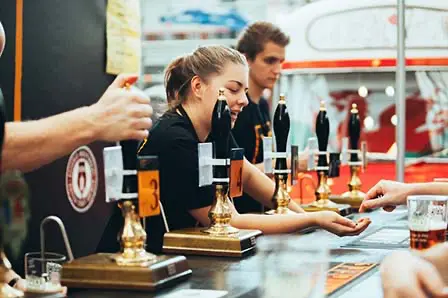Introduced in May 1988 by Margaret Thatcher’s Conservative government, Section 28 is a piece of legislation that is now, thankfully, consigned to the dustbin of history. Part of the Local Government Act of the same year, it sought to “not intentionally promote homosexuality or publish material with the intention of promoting homosexuality” or “promote the teaching in any maintained school of the acceptability of homosexuality as a pretended family relationship”.
In real terms, it was a ban on all literature with references to homosexual behaviour; a knee-jerk and wholly unnecessary law that needlessly sought to protect the idea of the nuclear family amid soaring divorce rates and fewer new marriages. It arose from bigotry, which itself emerged following the decriminalisation of homosexual relationships among men in 1967, and the subsequent emergence of the HIV/AIDS crisis, when, in 1981, five positive cases occurred in gay men with no previous medical issues. Once implemented, Section 28 had dire consequences for lesbian, gay, bisexual and transsexual (LGBT) student support groups, which were forced to self-censor, or ultimately close, leaving those in need of support with fewer places to turn.
It did, however, have another unexpected consequence in that it provided further impetus towards the development of what are colloquially known as gay villages within cities around the UK. As throughout history, where these communities were ostracised on a national level, they sought to form closely knit, safe spaces of their own. Much of this was centered in spaces that straight people like me, and possibly you, take for granted – pubs.
Thankfully Section 28 was repealed, first in Scotland in 2000, and in England and Wales in 2003. Although the gay villages still stand proud, and Manchester’s – formed around the central hub of Canal Street in the city centre – remains one of the most vibrant hubs of nightlife in the city. It’s also home to one of the city’s best pubs, the CAMRA award-winning Molly House. Known for the exceptional quality of both its cask beer and food offering, it offers a warm welcome to everyone regardless of your sexual orientation – provided, of course, any prejudice or ill-will is left at the front door.
You would like to think that since this progressive act of legislation was introduced we would have moved on as a society, allowing LGBT people to go about their lives while we tackle larger, and more prescient inequalities. Let’s say, for example, child poverty, which currently affects 4.3m children living in the UK – that’s 30 per cent of them if you’re counting. Sadly, that’s not the case. Bigotry, it seems, is akin to a flea latched upon the skin of many a community that continues to survive despite receiving the firmest of squeezes.
On 16 April the UK Supreme Court ruled that the legal definition of a woman is based on “biological sex”, ie the sex someone is assigned at birth. The change was brought about after a prolonged period of lobbying by a group known as For Women Scotland, funded in part by the author JK Rowling, who sometimes goes under the male alias Robert Galbraith, and reportedly gave the group £70,000.
Specifically it refers to how sex is defined in the Equality Act of 2010, and is designed to limit access to single-sex spaces, such as toilets, or homeless shelters, for people who have transitioned to a gender other than the one they were assigned at birth. For the lobbyists, the aim was to prevent trans women from accessing women-only spaces under the guise of “safety”. In reality I believe it will have far more wide-reaching, and potentially dangerous consequences for both men and women, transgender or otherwise.
You might ask, rightfully, why a straight, cisgender man like myself is so concerned with a new ruling that likely won’t ever affect me. And I’d like to pose that, as someone who is passionate about public spaces, namely the wonderful pubs I enjoy week in week out, that the some 500,000 transgender people, and many other thousands of LGBT people in the UK should be able to use these spaces as comfortably and with the same level of safety that I do.
The influence of transgender people flows through the rich history of beer and pubs in the UK. There are at least two trans-owned breweries operating in the UK today, and CAMRA itself has several transgender members, who are every bit as passionate about beer and pubs as you and I. If the use of our wonderful pubs, or the attendance of brilliant events such as the Great British Beer Festival, boils down to where you can safely use the toilet without fear of abuse or discrimination, then I consider that none of these spaces are truly safe at all. But they should be, and that means supporting transgender people, because it’s the right thing to do. This is our generation’s Section 28 and it needs to be fought against with the same vivacity.
I am thankful that I have already seen several pubs indicate they are safe and welcoming spaces for the trans community. Manchester’s Port Street Beer House has publicly acknowledged this for one, as has Wetherspoon, which operates around 800 pubs in the UK. In a post widely shared on Instagram a spokesperson said: “As a company, we do not tolerate discrimination in any form[…] In accordance with these requirements, any transgender person is entitled to use whichever toilet where they feel most comfortable using.”
It should be noted the Equality Act still acknowledges transgender people, with gender reassignment being a protected characteristic. But I fear this won’t be enough to stop further acts of discrimination against transgender people from happening in the real world, which in the UK alone have increased 186 per cent in the past five years. Let us not forget the tragic murder of Brianna Ghey, a 16-year-old transgender woman, in 2023. At the very least, we can work to ensure our pubs and beer festivals are as welcoming and inclusive as they have ever been.

